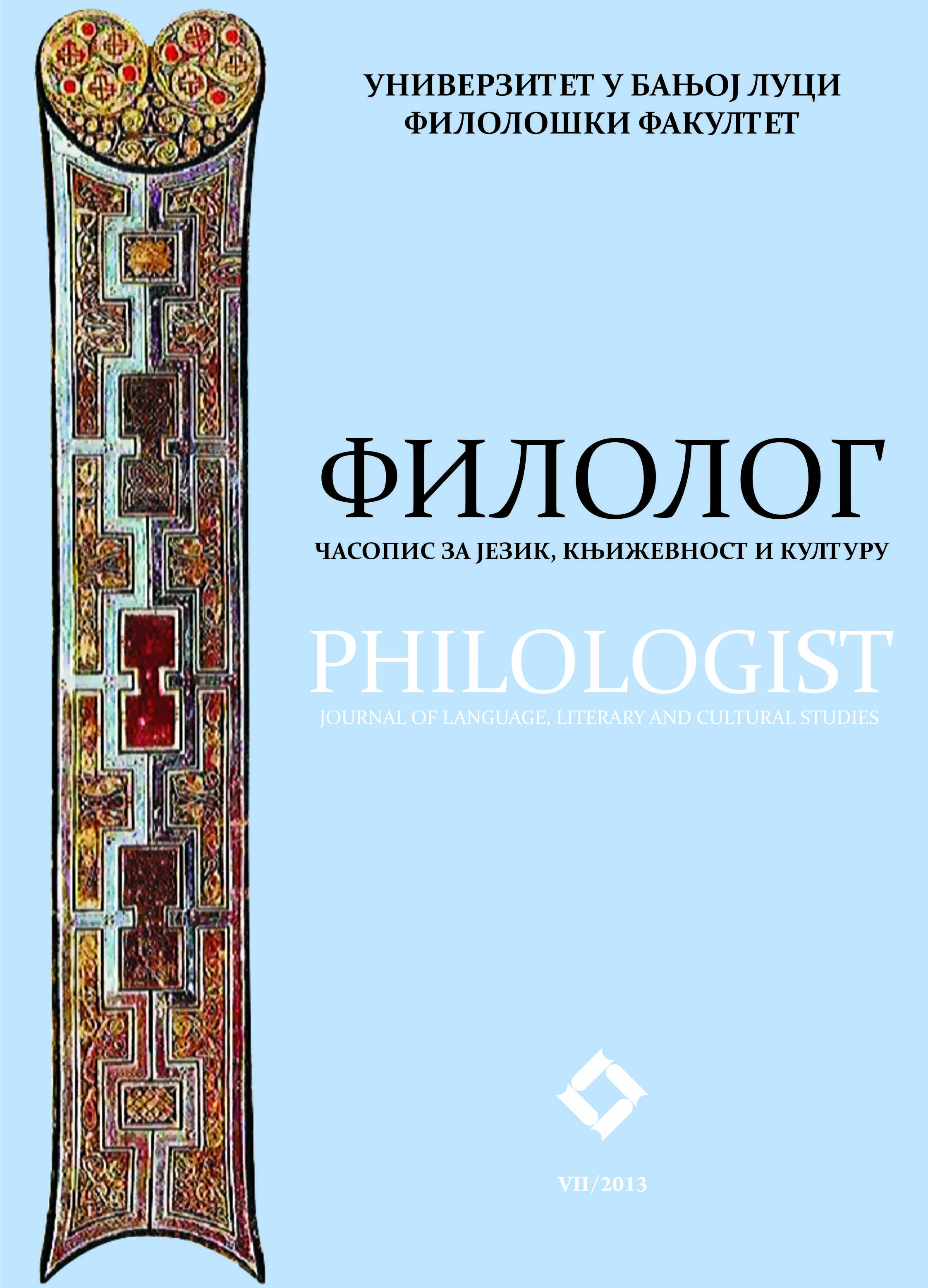Monologism or Dialogism of Epic Voice: Hegelian and Functional Theories of Epic Genre
Monologism or Dialogism of Epic Voice: Hegelian and Functional Theories of Epic Genre
Author(s): Aleksandar PavlovićSubject(s): Language and Literature Studies, Poetry, Comparative Study of Literature, Greek Literature, Serbian Literature, Philology, Theory of Literature
Published by: Филолошки факултет Универзитета у Бањој Луци
Keywords: Homeric Epic; Serbian Epic; Genre; Hegel; Lukács; Bakhtin; the Chadwicks; Bowra;
Summary/Abstract: This article advocates for the reconsideration of some of the most influential theoretical discussions on epic and its generic features, such as those offered by Hegel, Lukács and Bakhtin. The Hegelian approach to epic, it is argued, also informed later scholars, such as the Chadwicks or Bowra, to posit an evolutionary model that considers oral traditions without long poems as somewhat inferior to Ancient Greek or Vedic, and to require a more complex and advanced social and national framework as the prerequisite for the birth of such long epics as the true realisation and embodiment of epic genre. As I will argue further, these generic distinctions were mostly formulated on a rather small sample of Homeric epics, and the material collected from various oral traditions in more recent times clearly shows the limitations of the earlier theoretical models. I will therefore advocate for a more inclusive, functional generic definition that takes into consideration the specific context in which epic functions in a particular oral tradition. The last section of this paper offers some implications of the theoretical discussion on the Serbian oral epic tradition, in particular to implicitly Hegelian national-romantic attempts to unify short separate songs about Kosovo or Marko Kraljević into great Iliad-like epic poems.
Journal: Филолог – часопис за језик, књижевност и културу
- Issue Year: 2013
- Issue No: 7
- Page Range: 187-198
- Page Count: 12
- Language: English

